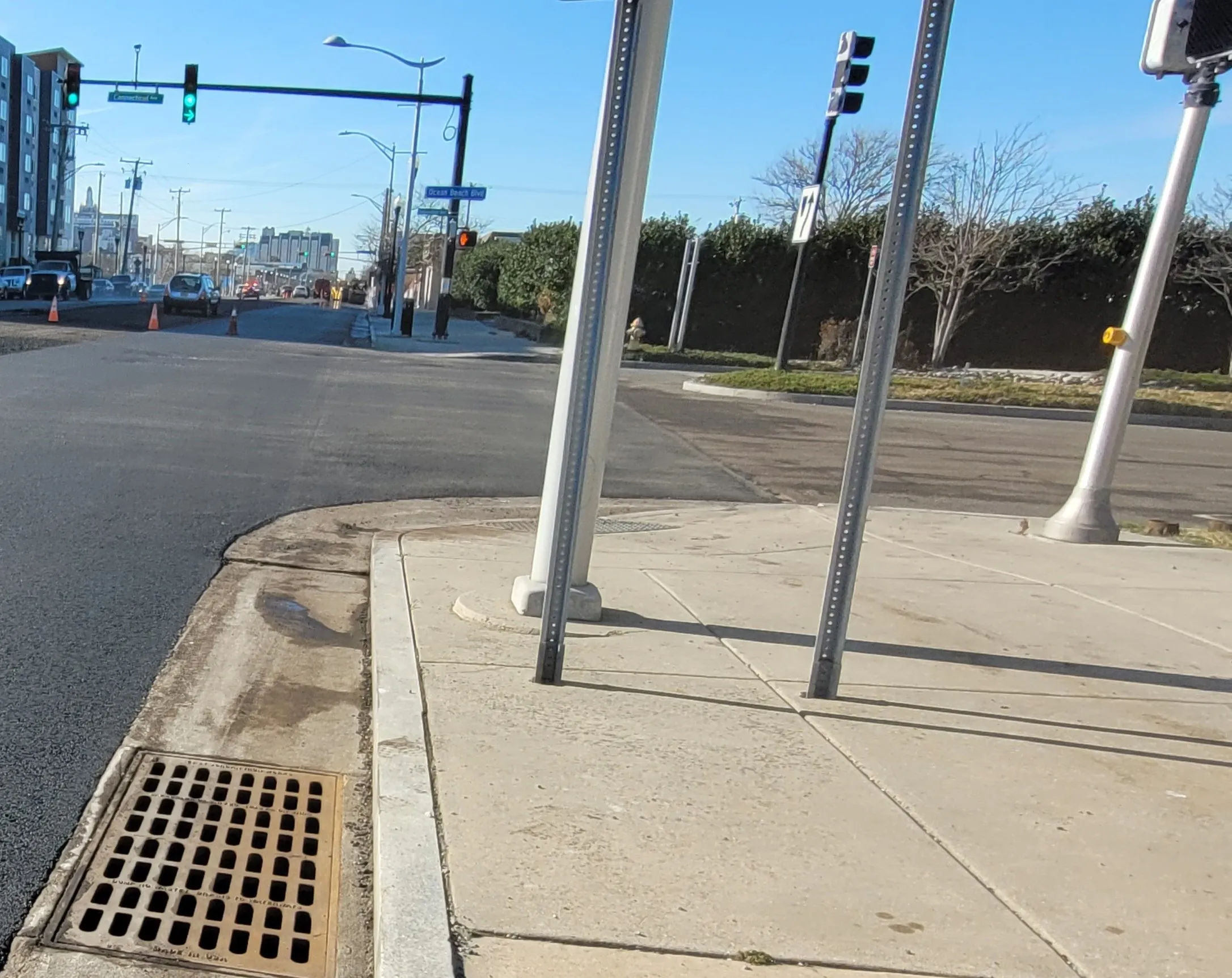The long arm of the law these days is often in the form of a robotic camera that captures motorists who run red lights. But the cameras are not always popular. New Jersey is scheduled to discontinue use of red light cameras on 16 December, and several other cities and states are considering similar moves.
Despite the controversy, a majority of Americans back the use of red light cameras, according to a new survey from FindLaw.com, the most popular legal information website.
The FindLaw.com survey foun
December 16, 2014
Read time: 2 mins
The long arm of the law these days is often in the form of a robotic camera that captures motorists who run red lights. But the cameras are not always popular. New Jersey is scheduled to discontinue use of red light cameras on 16 December, and several other cities and states are considering similar moves.
Despite the controversy, a majority of Americans back the use of red light cameras, according to a new survey from FindLaw.com, the most popular legal information website.
The FindLaw.com survey found that 56 percent of Americans support the use of red light cameras, while 44 per cent oppose them.
Law enforcement and safety advocates say the devices are effective at catching violating motorists and enhance public safety at dangerous intersections. Opponents say the cameras are merely a means of enhancing a city's revenues from citations, and may actually decrease safety by scaring drivers into making sudden stops, causing rear-end collisions.
Last month, voters in Cleveland approved a measure banning red light cameras in the city. Several states and municipalities have adopted or are considering similar measures.
"Traffic laws vary considerably by state and municipality, and that includes the consequences of receiving a traffic citation," said Stephanie Rahlfs, attorney-editor at FindLaw.com. "Every state has a different 'points' system that assigns different values to various traffic law violations. In addition, receiving a citation can often impact your auto insurance rates and renewals. It's prudent to always be aware of the traffic laws in the particular city and state where you are driving."
Despite the controversy, a majority of Americans back the use of red light cameras, according to a new survey from FindLaw.com, the most popular legal information website.
The FindLaw.com survey found that 56 percent of Americans support the use of red light cameras, while 44 per cent oppose them.
Law enforcement and safety advocates say the devices are effective at catching violating motorists and enhance public safety at dangerous intersections. Opponents say the cameras are merely a means of enhancing a city's revenues from citations, and may actually decrease safety by scaring drivers into making sudden stops, causing rear-end collisions.
Last month, voters in Cleveland approved a measure banning red light cameras in the city. Several states and municipalities have adopted or are considering similar measures.
"Traffic laws vary considerably by state and municipality, and that includes the consequences of receiving a traffic citation," said Stephanie Rahlfs, attorney-editor at FindLaw.com. "Every state has a different 'points' system that assigns different values to various traffic law violations. In addition, receiving a citation can often impact your auto insurance rates and renewals. It's prudent to always be aware of the traffic laws in the particular city and state where you are driving."









